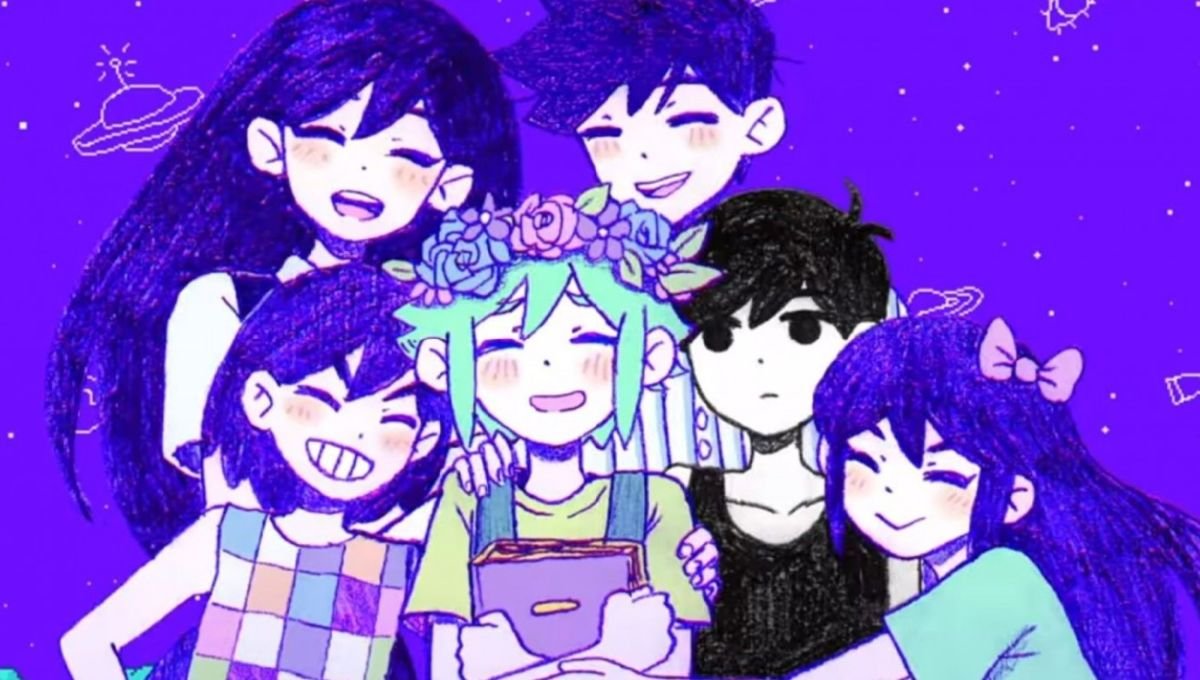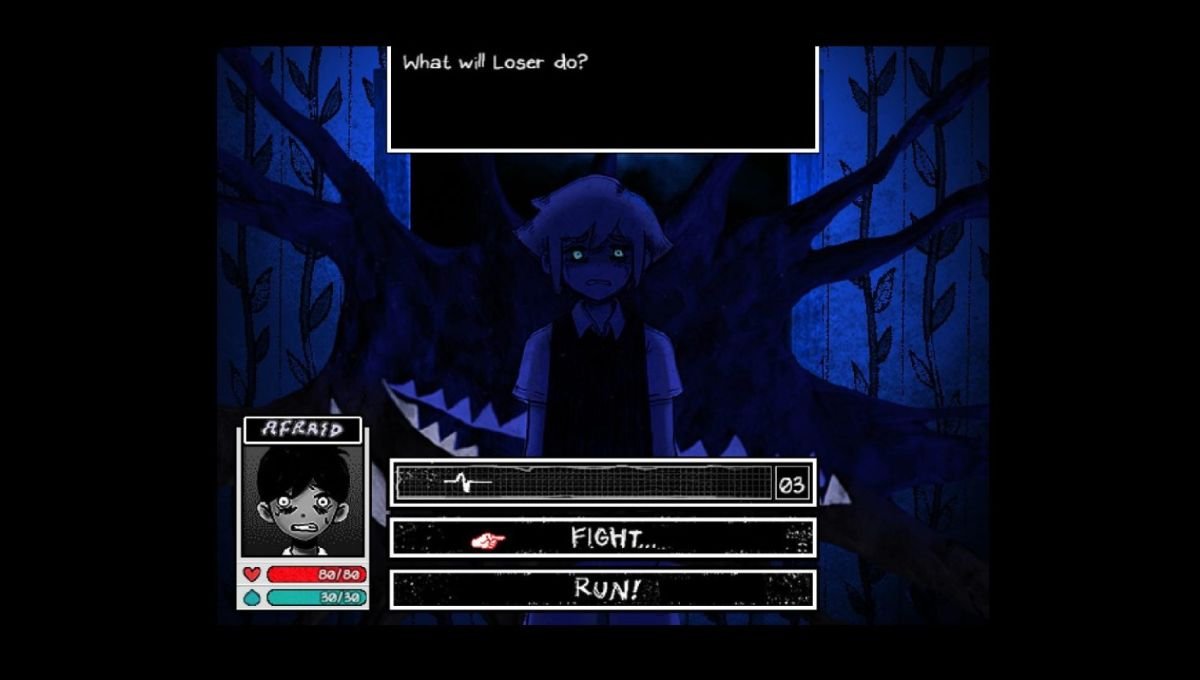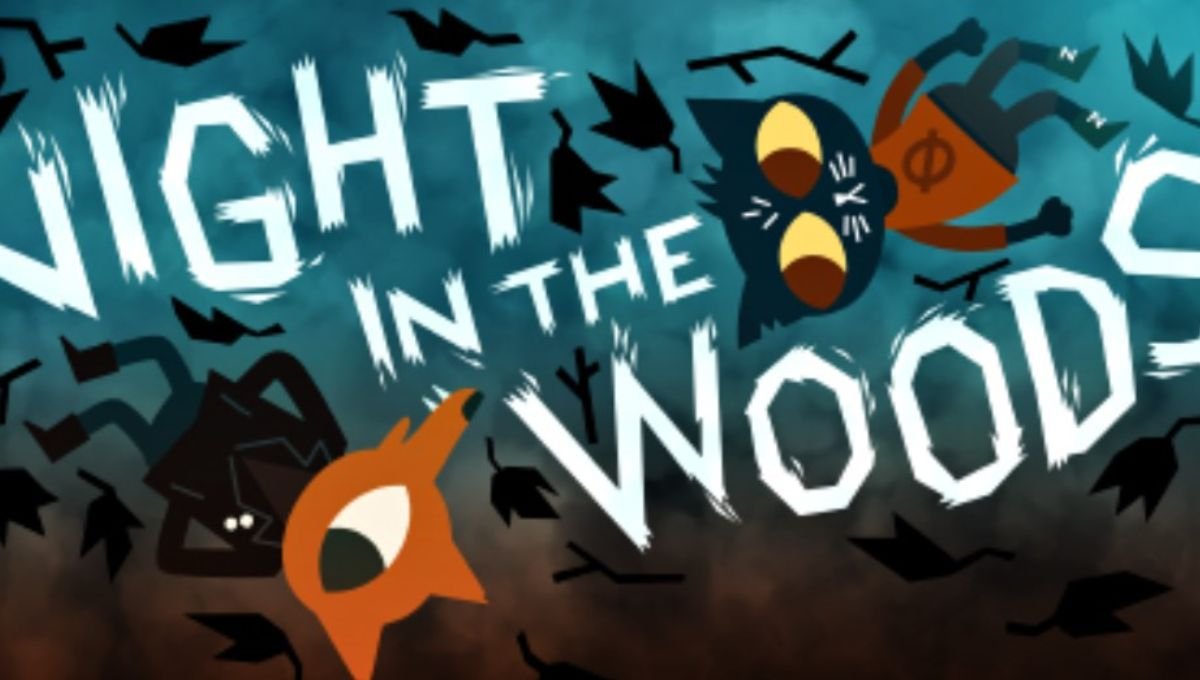Released in 2020, Omori is a role-playing game created by Indie studio OMOCAT. The game centers around a reclusive boy, Sunny, who’s about to move from his hometown in three days.
The game switches between reality and Sunny’s dream world. In the dream world, Sunny and his childhood friends will look for Basil, a group member who’s gone missing while overcoming various adversities along the way. In the real world, Sunny has, in fact, drifted apart from his friends due to an undisclosed incident. He attempts to reconnect with them once more before he leaves his hometown for good.

Omori boasts a moving storyline with lively, adorable relatable characters you can’t help but love, such as Sunny, a boy who’s coping with negative emotions by shutting himself off from those around him.
Faith Chee Yan Ni, 19, who has completed the game and its various routes, feels that it’s a great visual depiction of trauma, grief and coming to terms with guilt.
She also feels that games such as Omori can educate people about mental health issues and provide the much-needed support to those who are suffering from them.
She said: “It is encouraging when the characters grow throughout the course of the game. [These kinds of depictions could] possibly give hope to those with similar mental health issues.”
However, she feels that some games may not have the most accurate portrayal of mental health issues. “It might get toxic when the game romanticises the mental health issues. This leads to misconceptions and downplays the seriousness of it,” said Faith.
She added: “Another problem might be when people think it’s easy to overcome said issues if the game makes the progress too linear and always has a ‘happy’ end.”
The beauty of Omori is that it features multiple endings depending on the player’s choices throughout the game. There is a “good” ending, where Sunny overcomes his internal struggles and a “bad” ending where he succumbs to his depression. We also feel that Omori has done well in conveying the raw emotions of its character to the players.
Omori is available for download on Steam at a price of $20. Omori has no age rating but might not be suitable for all audiences as it contains depictions of depression and suicide. Bright flashing scenes in the game might also affect those with photosensitive epilepsy.

Night in the Woods
Night in the Woods is a single-player adventure game developed by Infinite Fall. Though the game appears to have a cheerful theme from its colourful, cartoonish graphics at first glance, it is in fact tackling the serious issue of mental health.

The indie game explores mental health disorders such as depression and depersonalisation disorder which the protagonist, Mae, is coping with.
Many players have applauded the game for its accurate portrayal of what it feels like to live and cope with a mental health disorder.
Shauna Teo Sha Min, 19, played Night in the Woods in 2018 and enjoyed the raw depiction of mental health disorders in the game.
“It is established that the main cast of characters all have their own personal and internal struggles [and] it sheds a realistic light by showing that they can go about enjoying their lives. [It also showed that] it’s perfectly natural to relapse into a darker place now and then,” she said.
For us, this game is nothing short of enjoyable. We like the flawed characters and their relatable dialogues. For example, Mae often puts on a brave front in front of her friends even though she is insecure. Her character reveals how individuals don’t always handle uncomfortable situations perfectly.
The game also highlights the importance of confiding in those around you, especially during tough times. This was most evident during the game’s climax when Mae claims that a “ghost” was haunting her. Her friends, despite being skeptical, continue to help and support her as she tries to find the “ghost”. Mae eventually decides to open up to her friends about her mental health issues and they respond with kindness and compassion.
Shauna feels that Night in the Woods has given her better insights into mental health issues. She said: “I think a common pitfall when dealing with mental health is that people often show pity or sympathy, but this game taught me that affected individuals just want empathy and a friend who will listen more than anything.”
Overall, Night in the Woods is great for those who want to learn about a serious topic while enjoying the thrill of gaming and the beautiful graphics.
Night in the Woods is available for download on Steam at $20. It is rated TEEN by the Entertainment Software Rating Board (ESRB) for mild usage of coarse language and contains depictions of cigarette smoking and alcohol consumption.
Actual Sunlight

Even though they don’t believe her, her friends encourage and assist her in her search for the “ghost.” When Mae finally decides to tell her friends about her mental health problems, they react with empathy and kindness.
Shauna believes Night in the Woods has improved her understanding of mental health concerns. “I think people often show pity or sympathy when dealing with mental health issues, but this game taught me that affected individuals just want empathy and a friend who will listen more than anything,” the speaker stated.
Night in the Woods is a fantastic game for people who want to learn about a serious subject while still having fun and admiring the stunning graphics.
You can download Night in the Woods from Steam for $20. The Entertainment Software Rating Board (ESRB) has given it a TEEN rating due to its minor use of harsh language and portrayals of drinking alcohol and smoking cigarettes.
Actual Sunlight
Actual Sunlight is a single-player game by WZO Games Inc. in 2013. You play as Evan Winters and navigate his everyday life while he battles depression and suicidal thoughts.
Released nine years ago, Actual Sunlight has and continues to receive praise for its bleak and honest portrayal of depression and hopelessness that hits close to home for many players. Though the graphics and gameplay mechanics do feel outdated, the story and message of this game remain just as relevant today.
In our opinion, this game feels like more of a short text-based story than a typical video game, which some might find unappealing. Nevertheless, it successfully puts us into the shoes of the protagonist and lets us understand what it means to be somebody who battles with their inner demons 24/7.

Cameron Marie Belliston, 20, who tried the game recently, said: “The internal dialogues by the main character were the exact same ones I had at some of the worst points of my life.”
“Self-loathing, self-hatred, the game takes that concept and tries to teach the player about it,” they said.
But Cameron added that Actual Sunlight can come off as “glorifying” the negative traits. They also feel that the game depicts depression only “through the perspective of one man, and it did so in a way that was harsh”. So their advice is: avoid the game if your mental health is not in a good place.
The game is available for download on Steam at $5.50. Actual Sunlight is inappropriate for those below the age of 18 as it contains mature themes and explicit language.
Our Verdict
Overall, some games are definitely great for educating the youth about mental health issues, as Ms Joanne Wong, head of TOUCH Cyber Wellness, pointed out. However, she noted that these games are no replacement for professional help.
“The game itself or the official website of the game should also redirect the players to somewhere where they can actually secure a follow-up,” Ms Wong said.
If you or your friends would like to seek help for your mental health condition, here are some useful hotlines and resources:
National Care Hotline: 1800-202-6868
Institute of Mental Health’s Mental Health Helpline: 6389-2222
Samaritans of Singapore: 1800-221-4444
TOUCHline Counselling: 1800-377-2252

